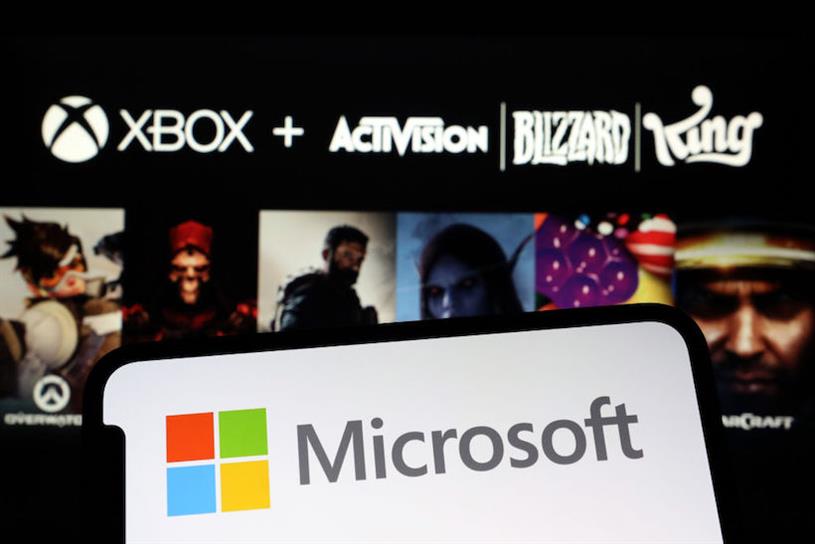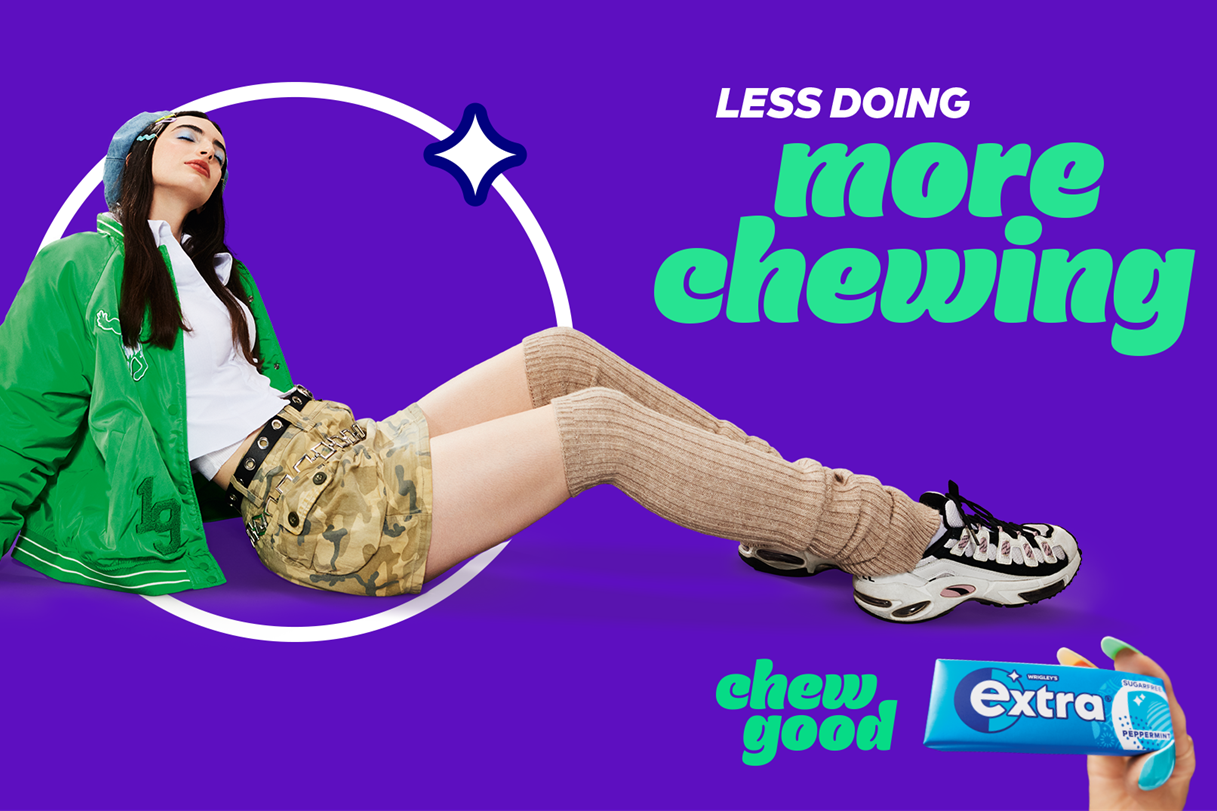After several acquisitions and attempts to infiltrate the gaming industry and creator economy, Microsoft has finally done it. The tech giant announced Tuesday it plans to pay nearly $70 billion to buy Activision Blizzard in its largest acquisition deal by far.
If closed, the deal would catapult Microsoft to the top of the $175 billion gaming industry, making the company as the third largest global gaming power by revenue. Under the new structure, Microsoft would own the rights to some of the largest gaming IPs, namely Call of Duty and Minecraft, and 30 gaming publisher studios.
The deal unlocks a lot of potential for Microsoft, which has tried several times to boost its gaming offering with Xbox and other acquisitions. Last year, for instance, Microsoft was in talks to acquire Discord for $10 billion, but the deal fell through. Prior to that, Microsoft tried to make a push into the creator economy with attempts to buy Pinterest and TikTok, bids that also failed.
Microsoft isn’t the only one leading consolidation in gaming the space. Take-Two Interactive last week said it will spend $12.7 billion to acquire mobile gaming powerhouse Zynga, which has spent the past few years buying up smaller gaming studios like Istanbul-based Rollic and Small Giant Games.
For marketers, consolidation in gaming offers a lot more than just streamlined access to an IP portfolio, said Max Lenderman, founder at Mudfarm Ventures and founding member of the World Experience Organization. It can offer brand safety, scale and integration opportunities.
“Microsoft [can bring] a sense of credibility, security and risk aversion [to marketers],” he said. “Microsoft has built a solid enterprise reputation as an entity that doesn't take risks wildly and has some of the best talent on the planet. This might go a long way in getting brands to dip their toe into the metaverse with a company like Microsoft.”
For instance, combining Microsoft and Activision talent will offer brands the opportunity to work with some of the best teams in the country building metaverse-like worlds, Lenderman said.
Add in Microsoft’s Xbox consoles and its video game subscription service Xbox Game Pass, and marketers could tap into a fast-growing internet gaming community through one access point, said Lewis Smithingham, director of creative solutions at Media.Monks.
Activision can also fit into Microsoft’s portfolio of advertising tools. Microsoft's acquisition of programmatic exchange Xandr, for instance, could help brands reach gamers on PCs, consoles and mobile devices while opening a new frontier for gaming: connected TV.
AT&T and Verizon’s rollout of 5G internet could also enable brands to personalize their messages to gamers who view high-speed internet as a big attraction, while allowing marketers to get granular with first-party data, Smithingham added.
While the Activision acquisition means an enormous chunk of the gaming pie would be owned by Microsoft, Jeff Sue, general manager of the Americas at Mintegral, said there are still many avenues for marketers to enter that universe, and a lot more IPs for companies to snatch up.
“I think there will continue to be more [deals],” he said. “The most recent deals are all about [bringing together] console and mobile to have that reach, which is going to be very important going forward for Web 3.0 and the metaverse.”
But as consolidation kicks off, the creation of larger gaming studios will allow for larger marketing budgets to flow to fewer companies, Sue said.
“Developers are acquiring more studios to get more audiences,” he said. “The larger the audience, the larger the budgets.”
Activision Blizzard did not respond to requests for comment.








